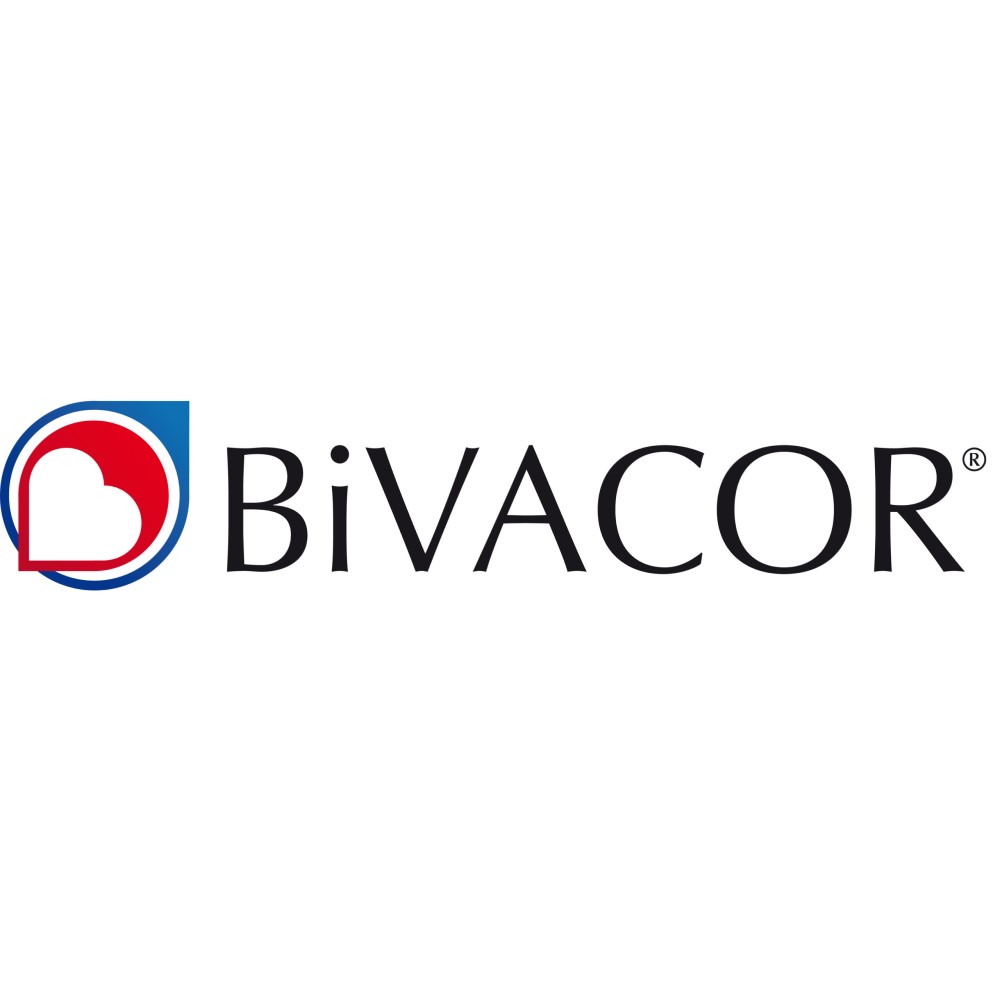
BiVACOR Total Artificial Heart Successfully Implanted in Five Patients as Part of FDA Early Feasibility Study; FDA Greenlights Expansion of the EFS
On Dec. 18, 2024, BiVACOR, a clinical-stage medical device company, announced the successful completion of the first phase of the U.S. Food and Drug Administration (FDA) Early Feasibility Study, with five patients receiving the BiVACOR Total Artificial Heart (TAH) between July and November 2024.
This study assessed the feasibility of using the BiVACOR Total Artificial Heart (TAH) System to support adult patients with severe biventricular failure. The initial phase of the study supported patients with the BiVACOR TAH System for up to a month while they waited in the hospital for a donor heart to become available.
Five patients were successfully implanted with the TAH, received a heart transplant, and were subsequently discharged from the hospital. This milestone has provided the FDA with the required data to greenlight the expansion of EFS to an additional fifteen patients.
The BiVACOR TAH represents a paradigm shift in artificial heart design. The size of the BiVACOR TAH is suitable for most men and women. Despite its small size, the BiVACOR TAH is capable of providing enough cardiac output for an adult male undergoing exercise.
Using magnetic levitation technology, the same principle used in high-speed trains, the product features a unique pump design with a single moving part: a magnetically suspended dual-sided rotor with left and right vanes positioned within two separate pump chambers, forming a double-sided centrifugal impeller that propels blood from the respective pump chambers to the pulmonary (lung) and systemic (body) circulations.
The TAH has no valves or flexing ventricle chambers, but pulsatile outflow is readily achieved by transiently increasing the rotor speed each second. The non-contact suspension of the rotor via MAGLEV is designed to eliminate the potential for mechanical wear and provide large blood gaps that minimize blood trauma, offering a durable, reliable, and biocompatible heart replacement.
The first and last of the five patients were implanted at The Texas Heart Institute (in partnership with St. Luke’s Medical Center and Baylor College of Medicine), with the additional implants also at Duke University Hospital, Banner-University Medical Center Phoenix, and Christ Hospital – Heart and Vascular Center.
The BiVACOR Total Artificial Heart is available for investigational use only and has not been approved for use outside of clinical studies.
Tags:
Source: BiVACOR
Credit:
